National FFA Alumni find their way to careers in a multitude of industries. Meet six alumni whose experiences in FFA put them on a path to leadership positions at universities across the country.
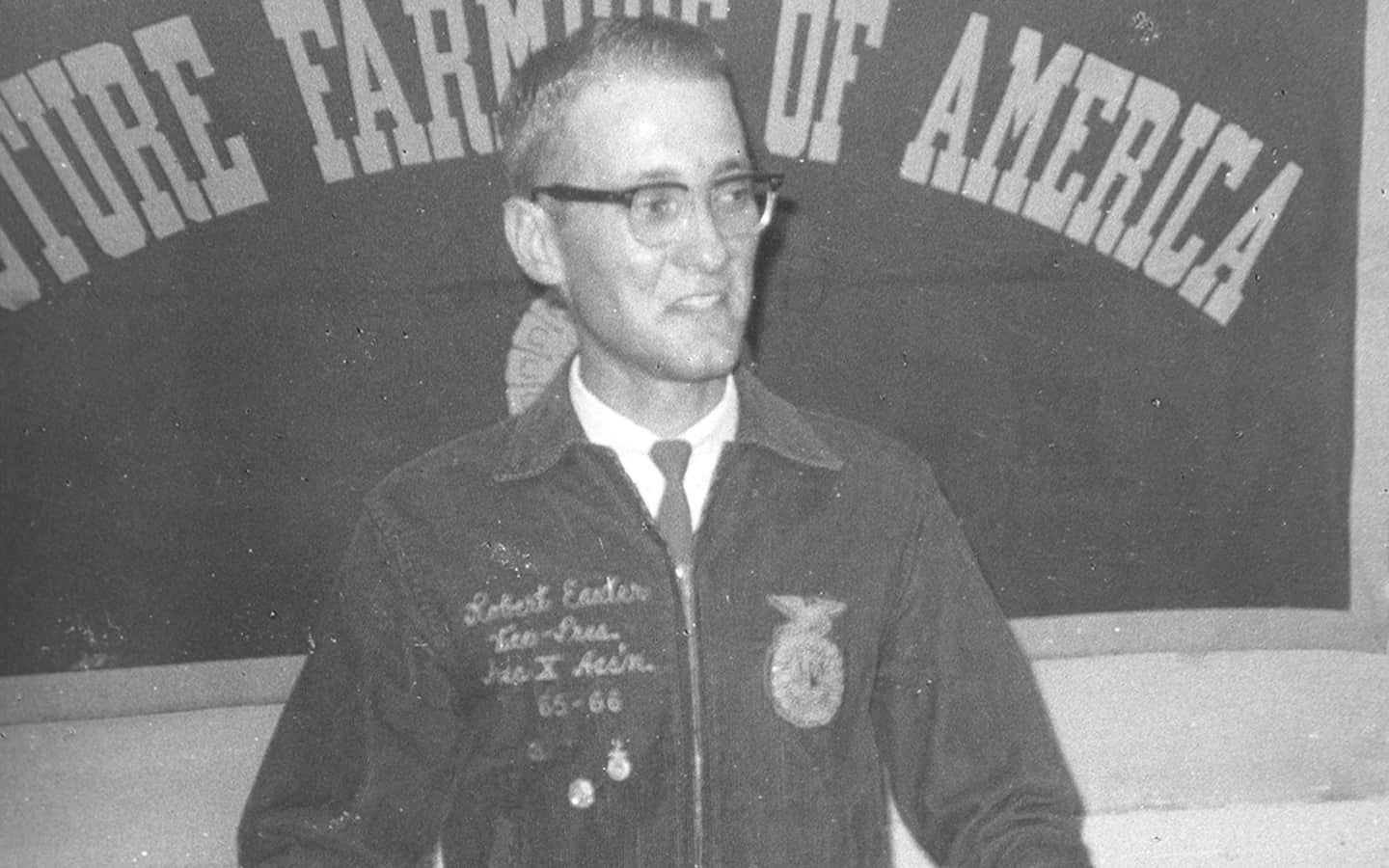
(1/2) Attending the FFA state convention in Texas was life-changing for Easter.
“For someone growing up in a small town, in a remote area, the FFA experience introduced the perspective that there were a lot of things one could do in life,” he explains.
Easter, a member of the La Pryor FFA Chapter in La Pryor, Texas, from 1962 to 1967, served as chapter president, district president and state officer.
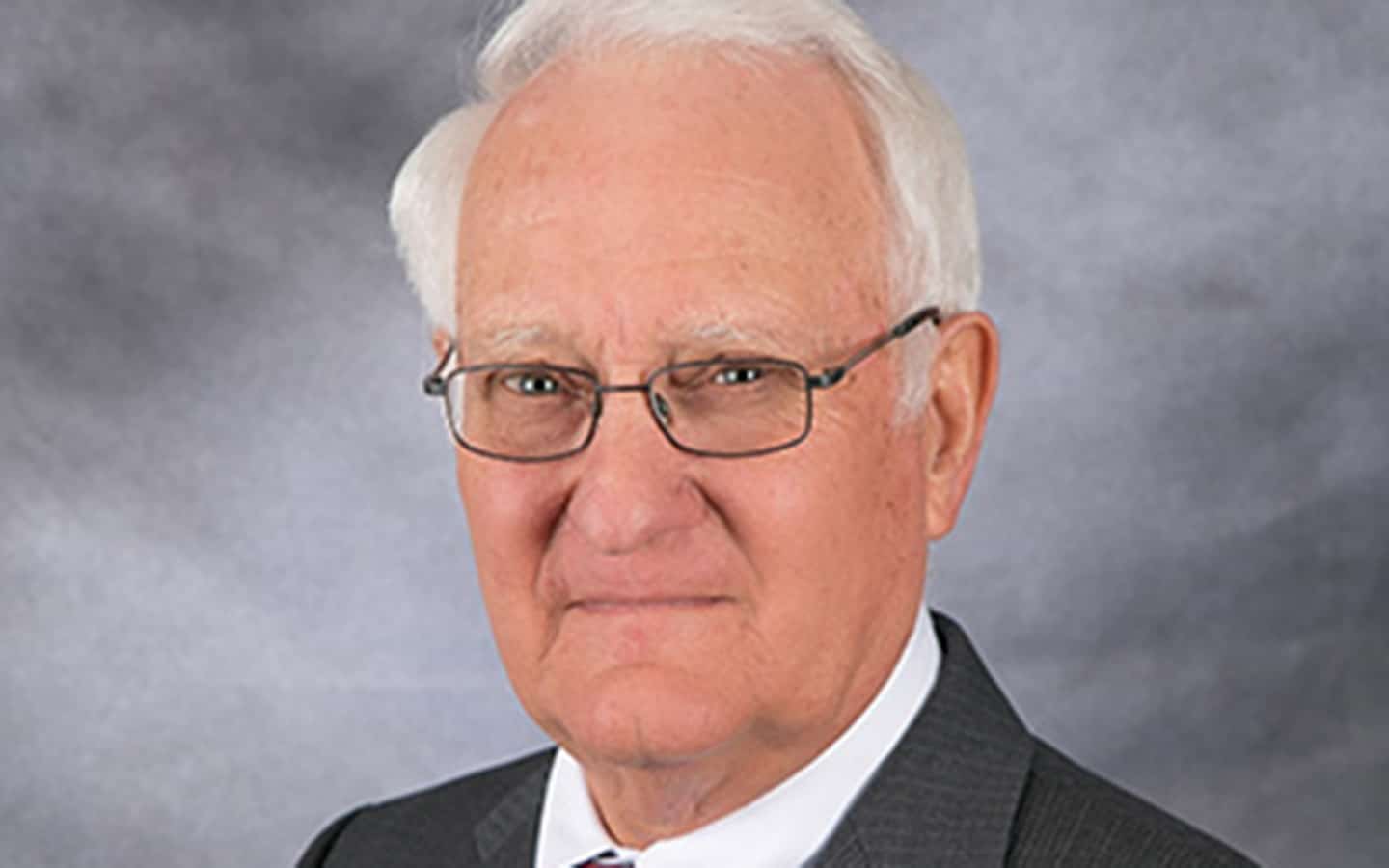
(2/2) He credits activities such as public speaking and competitions for building his skills and putting him on the path that led to a career in academia and included ascending to president of the University of Illinois.
Easter, now retired, says, “FFA gave this guy from a small town the confidence to engage in a bigger world.”
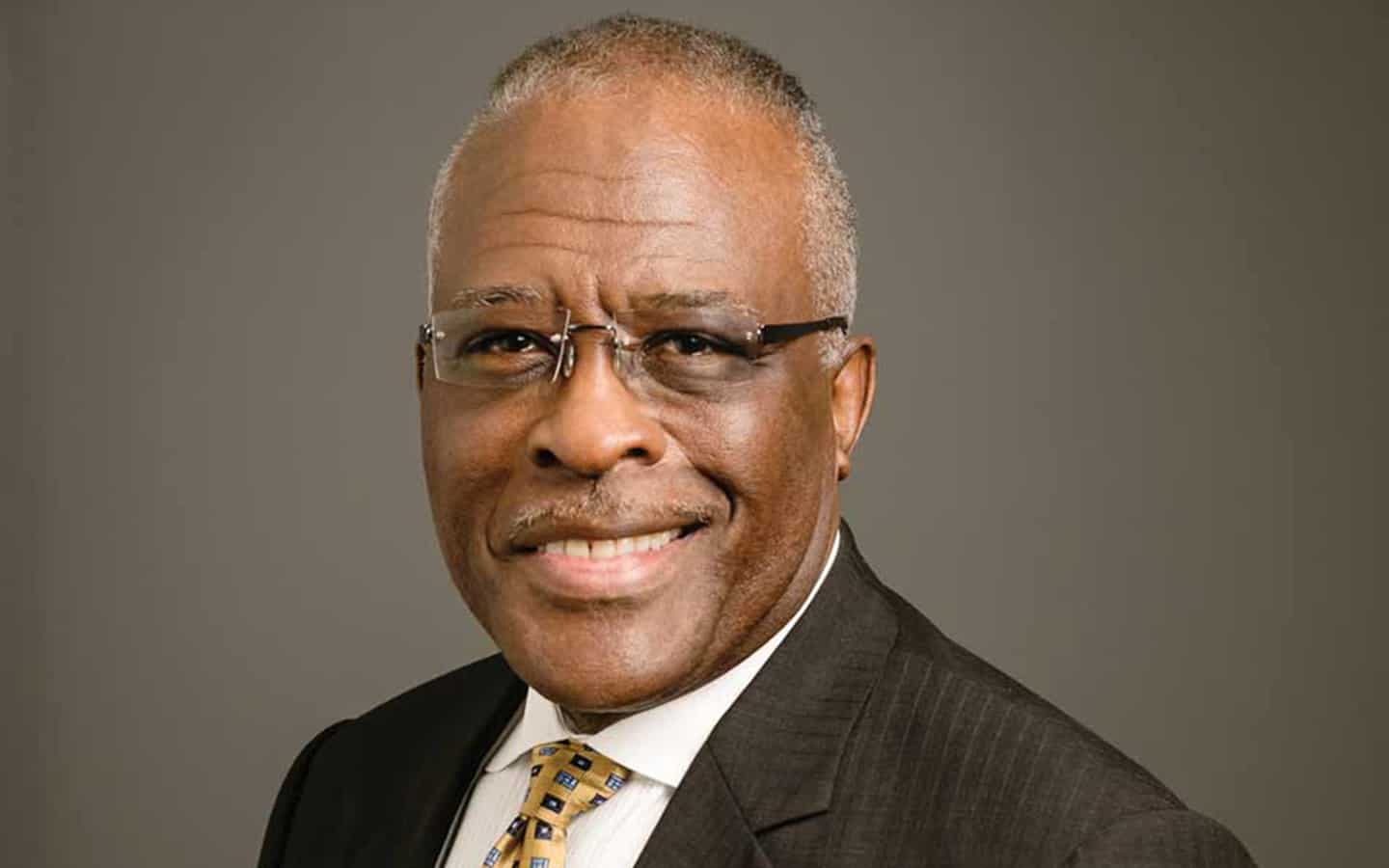
(1/1) Jones was president of the Carver High School New Farmers of America (NFA) chapter in Dawson, Ga., when the state held its first integrated FFA/NFA meeting.
“That meeting was the first time I was ever in the same room with white students as peers,” Jones recalls.
It was just one of the experiences that led Jones, the chancellor at University of Illinois Urbana-Champaign, on a path to higher education. His NFA advisor, Walter Stallworth, encouraged Jones to pursue a college degree.
“He started calling me ‘professor’ in the ninth grade because he expected me to go to college,” Jones recalls. “All of my experiences—growing up in a segregated high school, being a member of FFA—taught me how to lead and also how to follow; those skills are critical for being a successful leader of a university.”
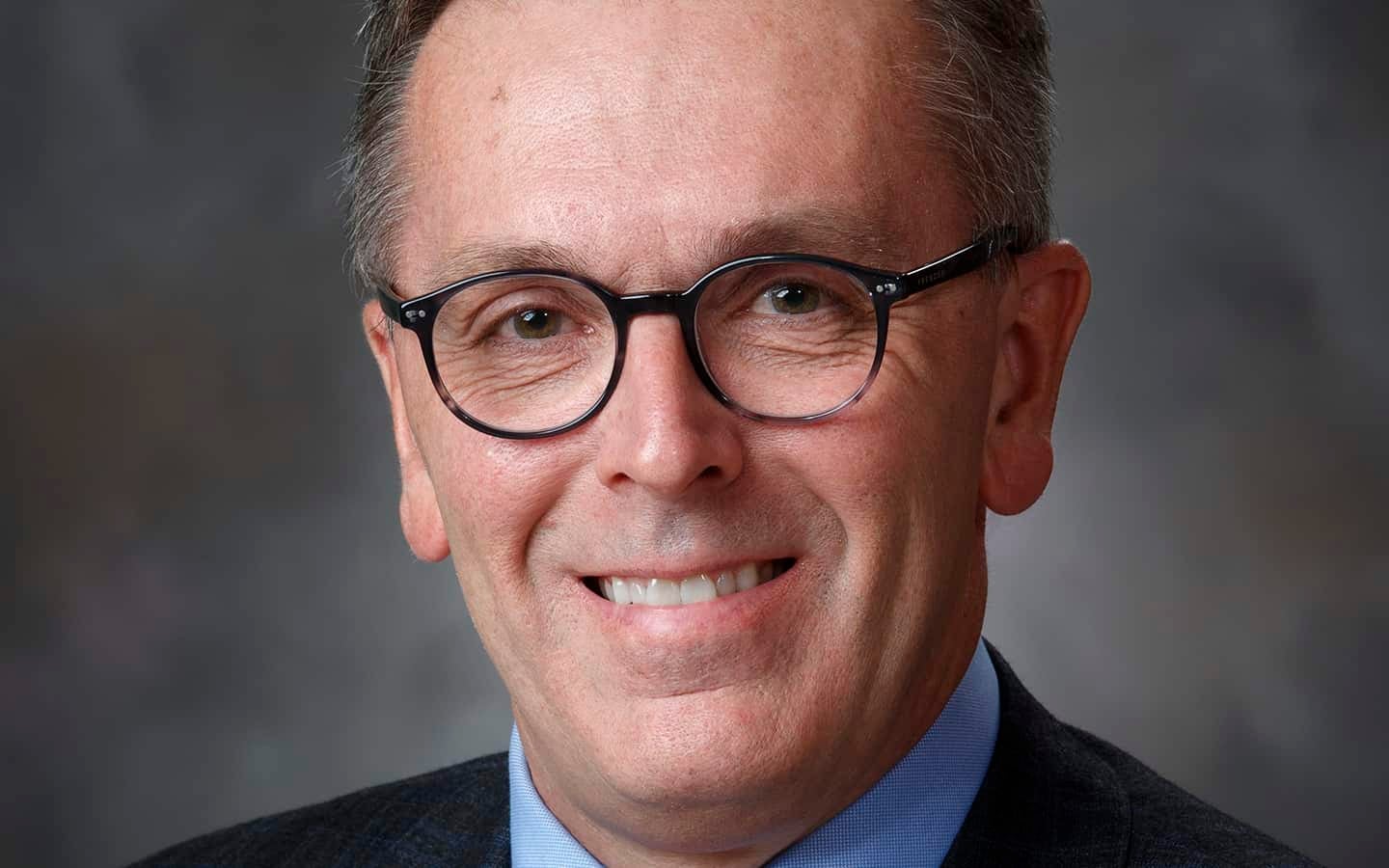
(1/1) For Green, the decision to go all in on FFA started at the 1975 National FFA Convention in Kansas City.
“I left the convention knowing I was going to do everything I could to develop as a leader,” he explains.
A member of Lord Botetourt FFA in Fincastle, Va., from 1974 to 1979, Greene served as chapter president and state officer.
“I wasn’t just learning about agriculture; I was learning about leadership,” he says.
Greene served as a professor at Texas Tech University and Colorado State University and was a national program leader at the U.S. Department of Agriculture before stepping into his current role as chancellor at the University of Nebraska-Lincoln.
“FFA was a fundamental part of my development and who I am,” he says.
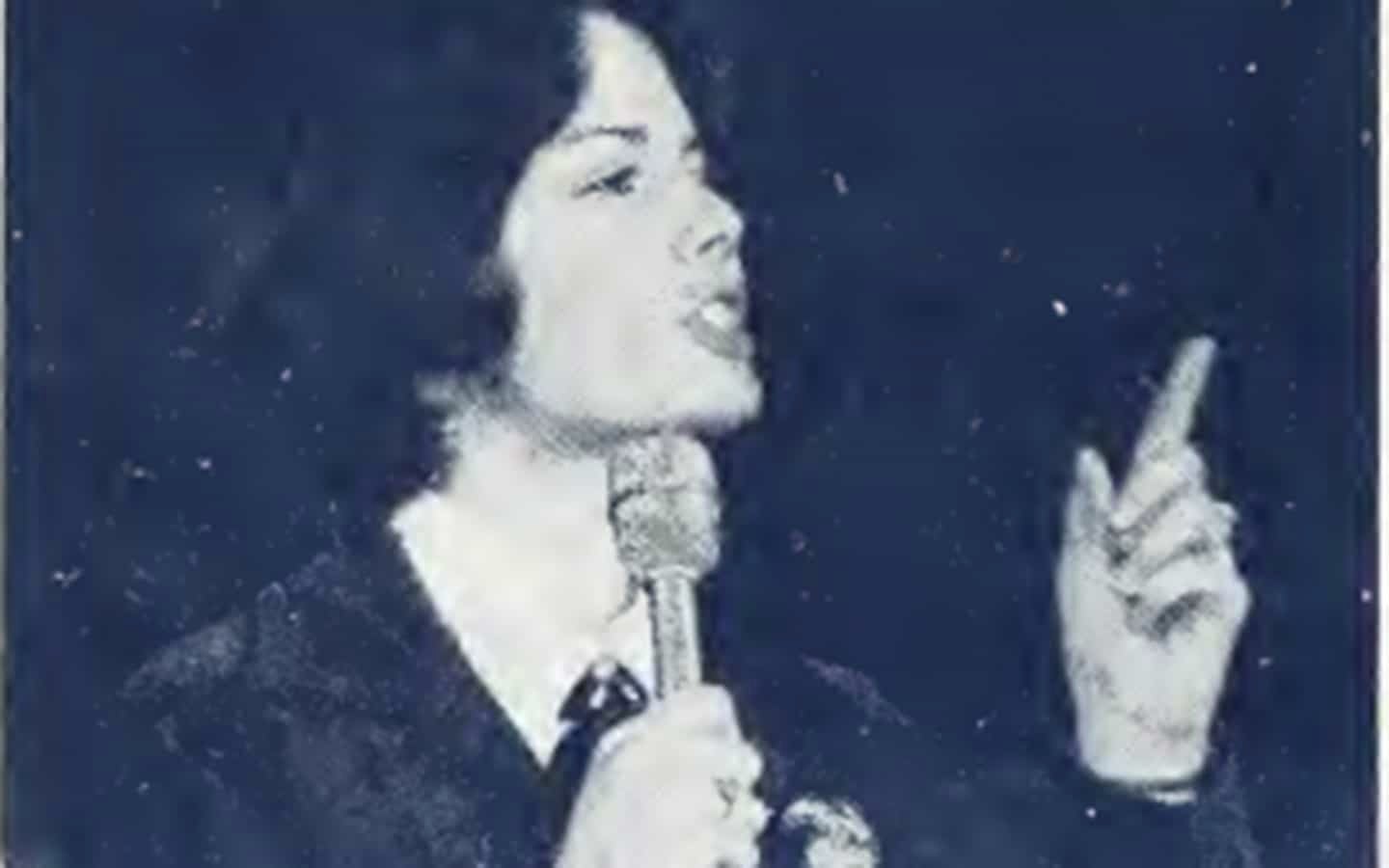
(1/2) In her role as president and CEO at the University of Iowa Center for Advancement, Marshall is often asked to speak at major university events. It’s a skill she developed competing in national public speaking competitions as a member of the Sparland FFA Chapter in Sparland, Ill., from 1975 to 1979.
Marshall also first started making friends in college because of FFA.
“In my first large lecture class, I recognized people from FFA; I’d competed against some of them,” she recalls.
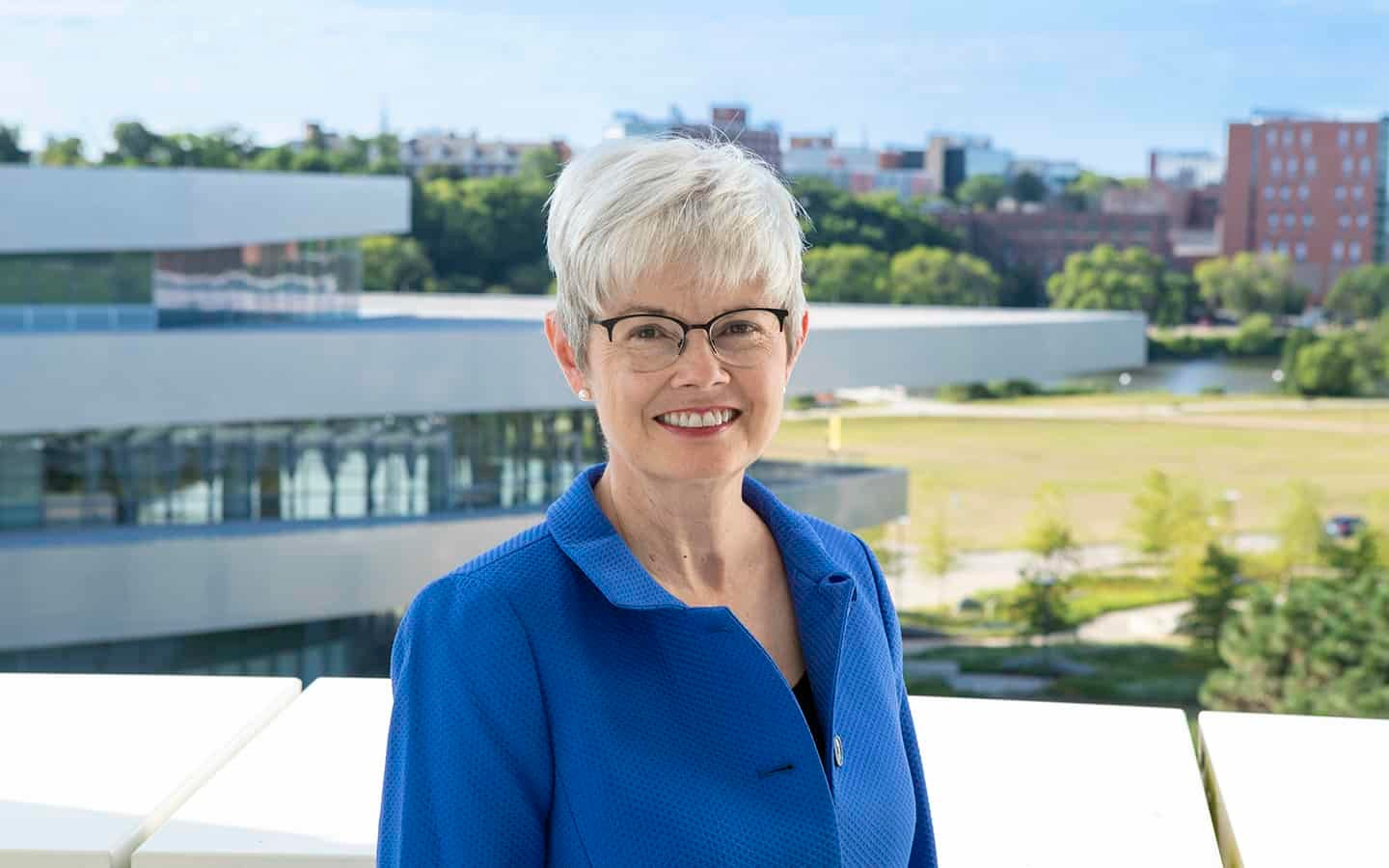
(2/2) Marshall’s network and resume of leadership positions has continued to expand, and along the way, she connected with “a remarkable community of people committed to the future of agriculture.”
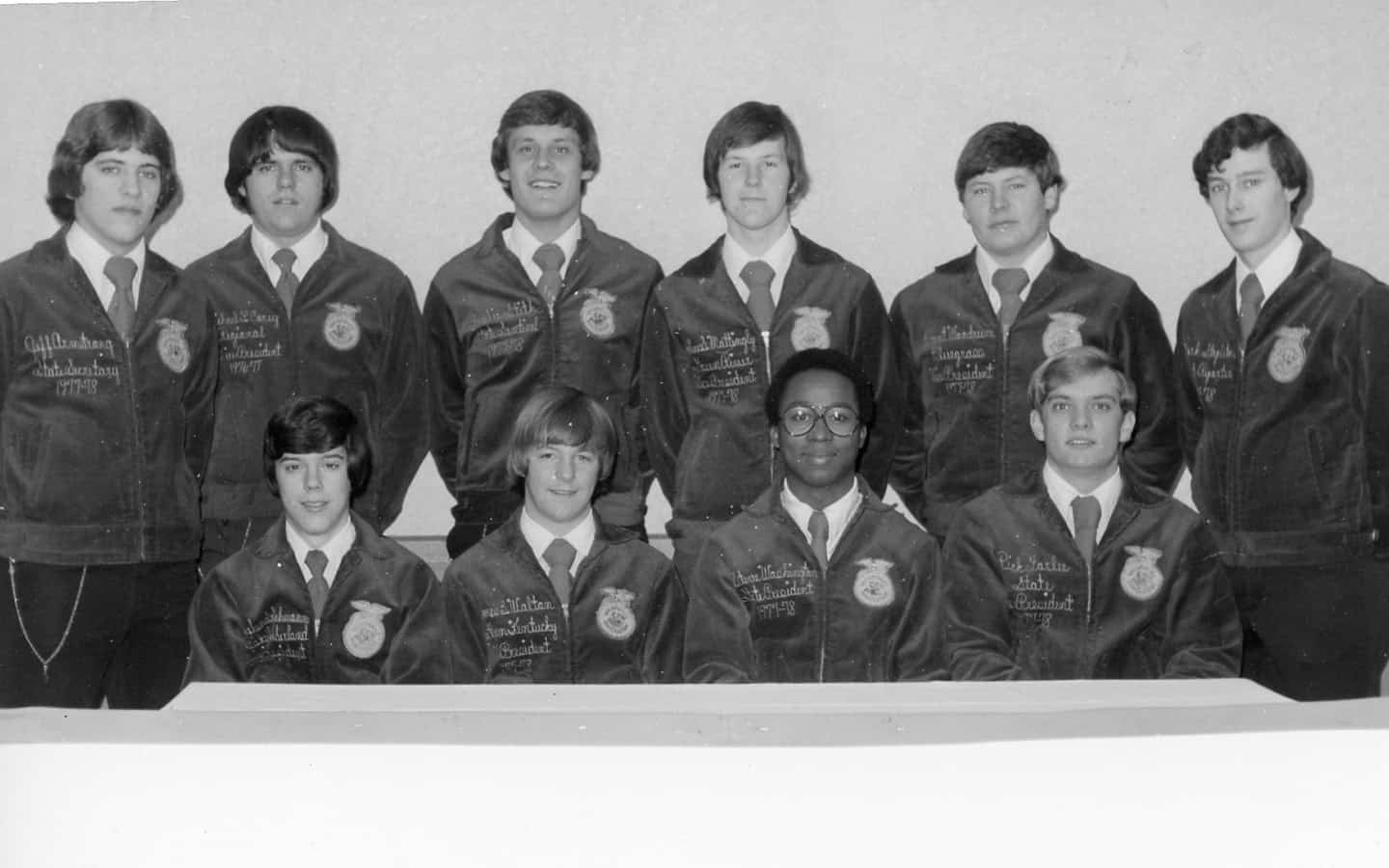
(1/2) As a member of the Lyon County FFA Chapter in Lyon County, Ky., from 1973 to 1978, Armstrong served as state secretary, managed meetings, learned parliamentary procedure and participated in FFA Creed Speaking competitions.
Before regional public speaking competitions, FFA members presented in front of the entire student population. Armstrong (pictured at left, back row) referred to it as “one of the most nerve-racking and intimidating experiences of my life.”

(2/2) His FFA advisor, Ray Fowler, encouraged members to always work and maintain integrity—a message that served Armstrong well on the path to his current role as president at California Polytechnic State University.
“I wouldn’t be where I am today without FFA,” he says.
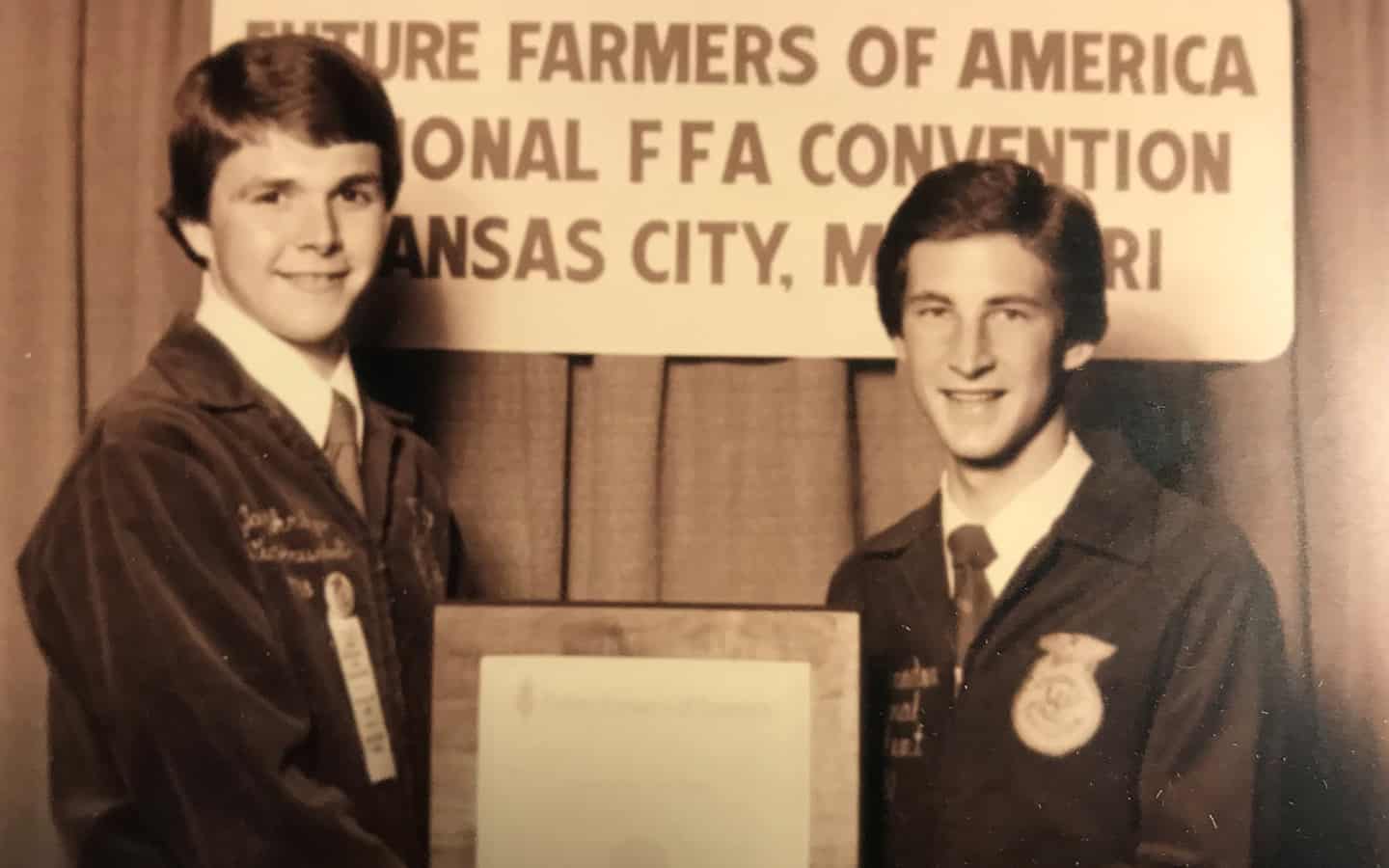
(1/2) Akridge (pictured at left) was a member of the Lyon County FFA Chapter in Lyon County, Ky., from 1974 to 1978. He served as chapter vice president, regional officer and won several awards, but the state convention in Louisville was his most memorable experience.
“All of the activities, the energy, the contests—there were blue jackets everywhere,” he recalls.
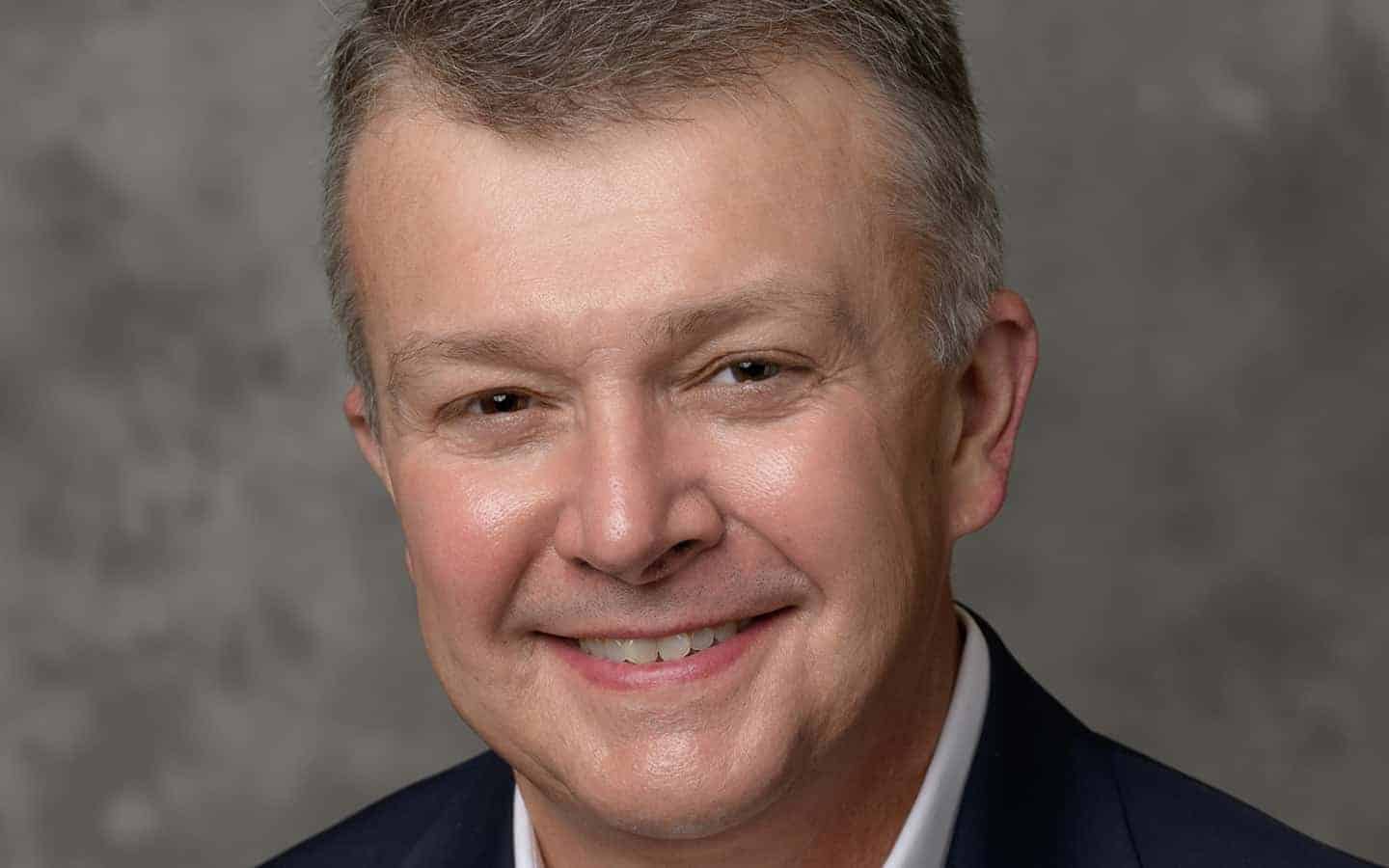
FFA helped Akridge, provost and executive vice president for academic affairs and diversity at Purdue University, hone his leadership skills; his advisor, Ray Fowler, also taught him important lessons about character.
“Mr. Fowler helped me understand what it took to be exceptional…and he was crystal clear about the link between effort and results,” he explains. “Those are the lessons that I continue to draw on to this day.”











